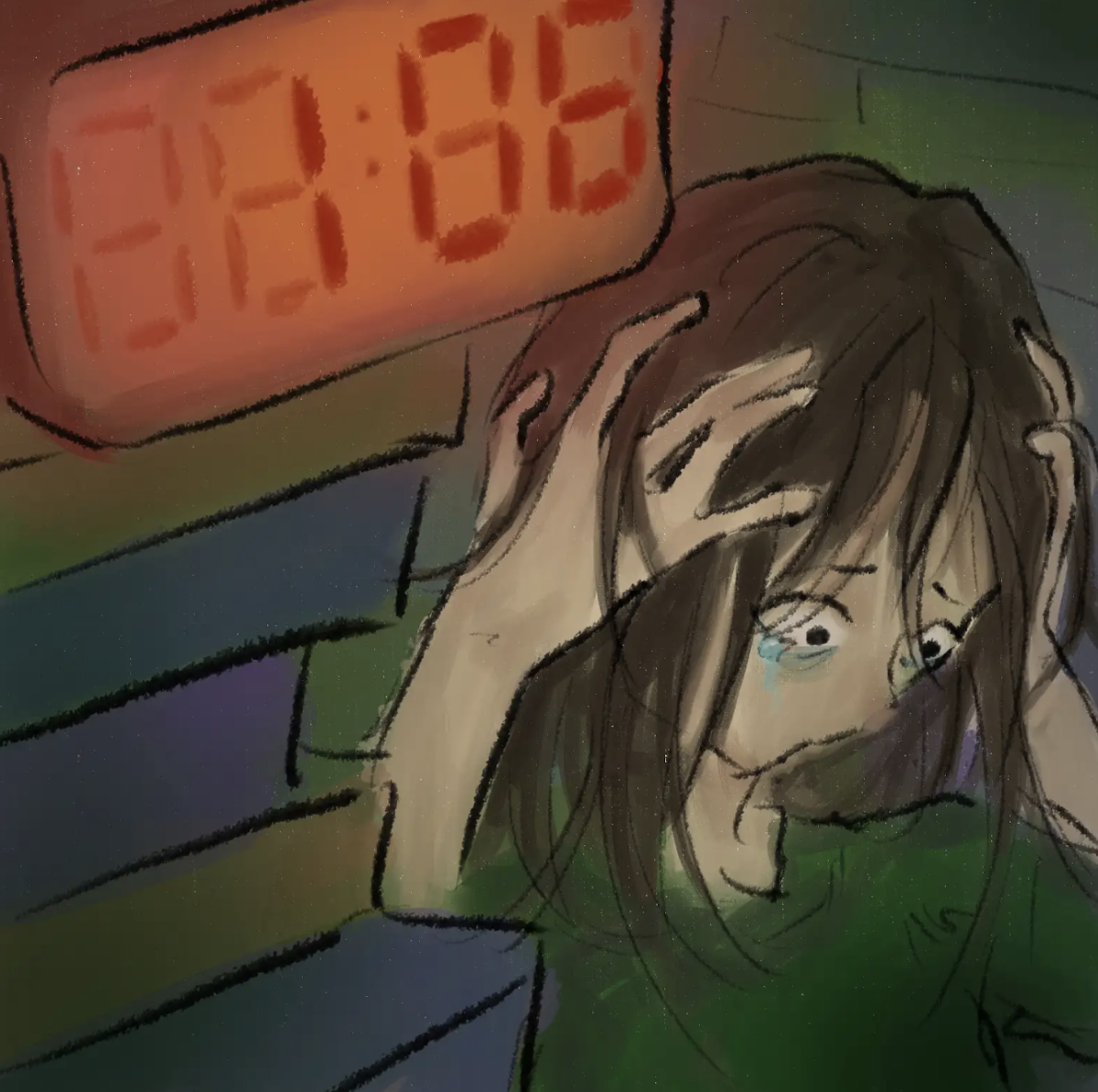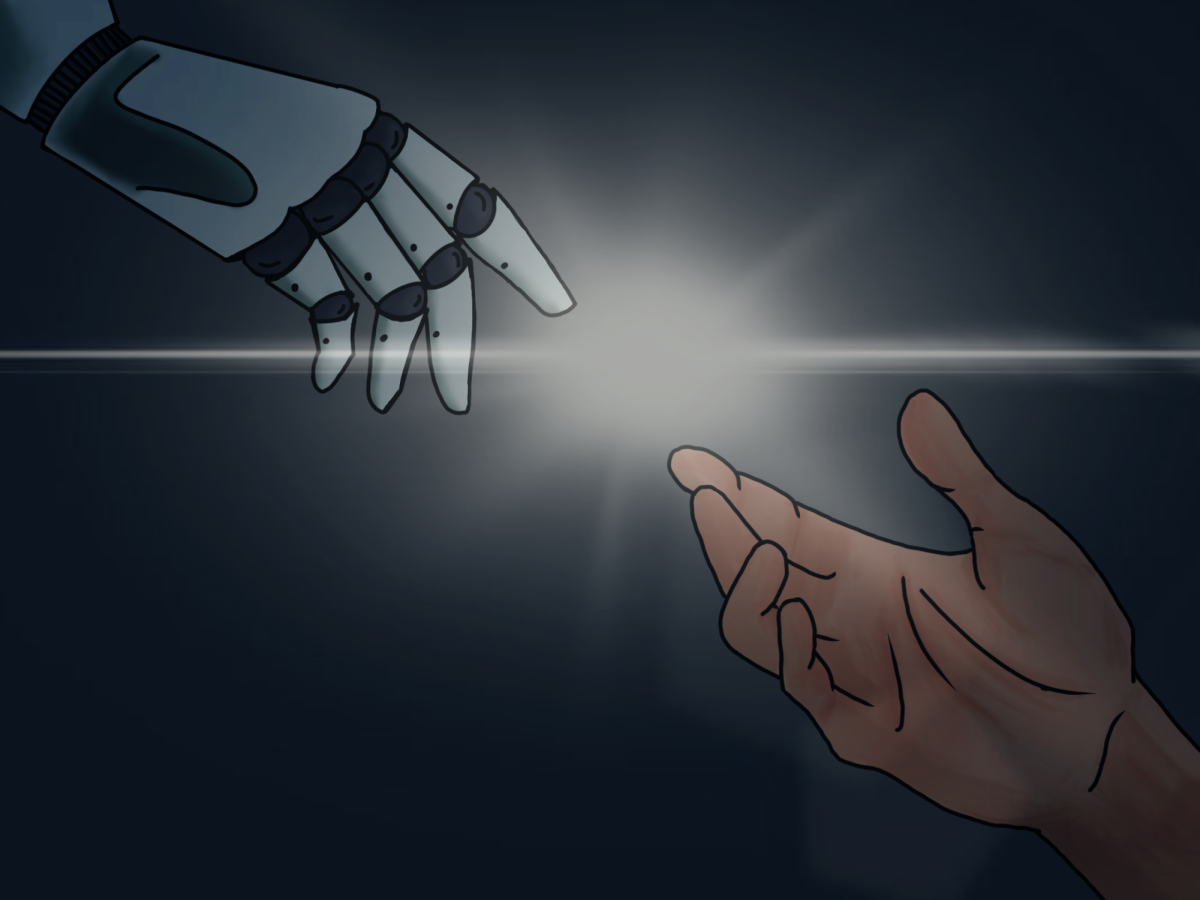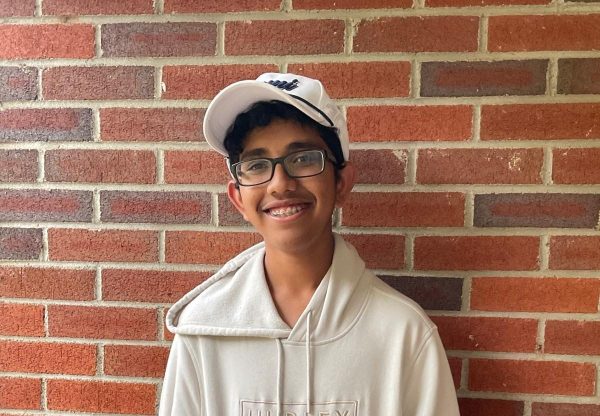You’re studying for your math test, barely understanding the numbers and letters floating around on the page. Your phone buzzes with a reminder to come to your mandatory club meeting. Suddenly, panic sets in as you realize—you forgot to study for your science test.
This is a situation that almost every high school student has been in. How do you manage your academics and extracurriculars, while still managing to get some sleep? And are extracurriculars even helpful?
Well, extracurriculars are not just to build your college resume: they’re also for personal growth. They help you explore your hobbies, while building essential skills such as teamwork and leadership. First, let’s start by talking about what you could do if one is overpowering the other. If your extracurriculars are leaving no time for academics, or vice versa, you can take a step back and look at what’s going on. Are you doing more extracurriculars than you can handle? Are you paying attention when the teacher is teaching? Are you using all the resources offered, such as NHS tutoring?
If any of these answers are no, then you could aim to fix these problems. If you are doing a lot of extracurriculars, you could cut a few down, and focus more on the ones that are more beneficial. Remember: it’s better to be deeply involved in a few extracurriculars, rather than being just a member of a ton (quality over quantity). There could be many other reasons why extracurriculars might be overpowering your studies, but the key to juggling these two essential things is through time management. Balance and time management are definitely much easier said than done, but you will be much better off if you actually stick to them. You will be less stressed, since you will get more sleep, which means you can put more time into your extracurriculars, as you won’t have 33 pages of notes waiting for you when you get home.
Next, how can you properly manage your time? First, you could look at different study tips, which could help you study faster and just as efficiently. There are many techniques, such as the Feynman’s technique, which are proven to help you study faster. Feynman’s technique is where you pretend you are teaching the topic to someone. By doing so, you will most likely improve your memorization, comprehension, and it helps you quickly review your material. By employing techniques like these, you are not “cutting down” on anything, but instead just effectively speeding it up. After you do that, you can make a planner with a realistic schedule. Keeping a schedule with all your activities let’s you know how much time you actually have to study. Make sure to take breaks, but try not to go on any form of social media, as you might get caught on and your “five minute break” won’t really be five minutes.
Another huge tip is to get sleep. In reality, eight hours of sleep is not possible every day for a high schooler. However, when you are doing your work, make sure to do all the work that demands the use of a computer screen or technological device first.. If you complete your “screen” work towards the end of the day, it will be much harder to attain quality sleep.
It might feel like extracurriculars are just a burden, however, they prove to be very important in the grand scheme of your life. If you use some of these tips, balancing your academics and extracurriculars won’t be a hard thing to do. Unlike your New Year’s resolutions, you just have to stick to it!







































